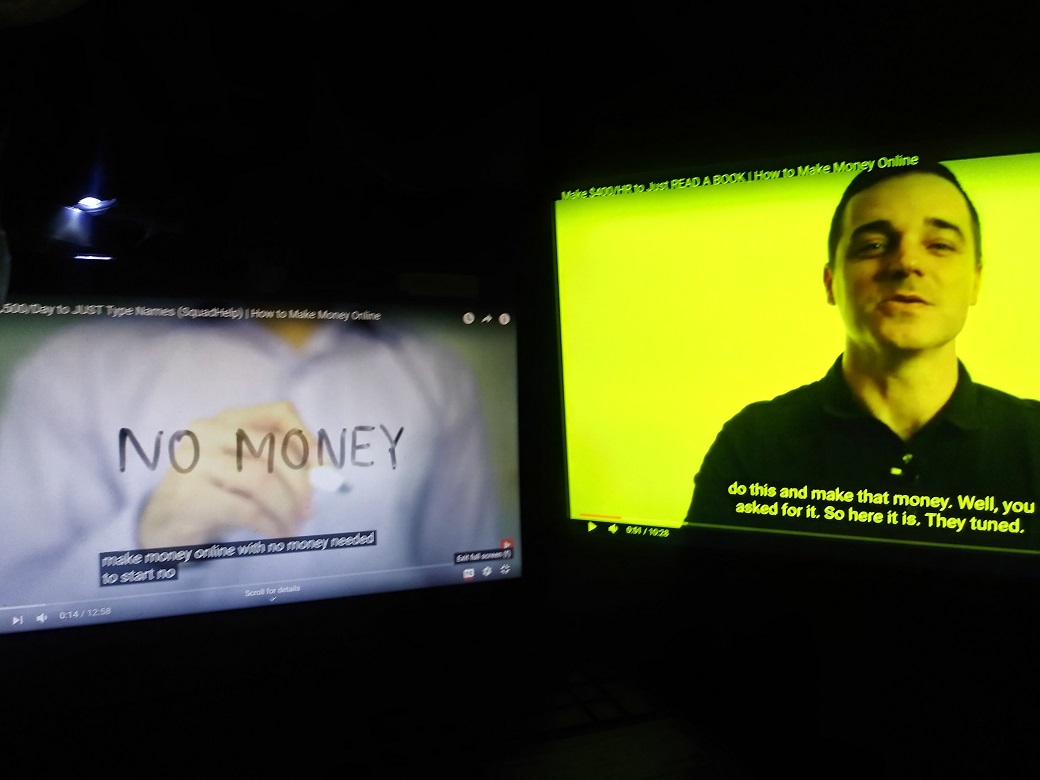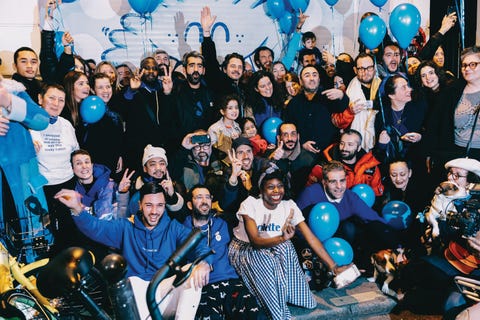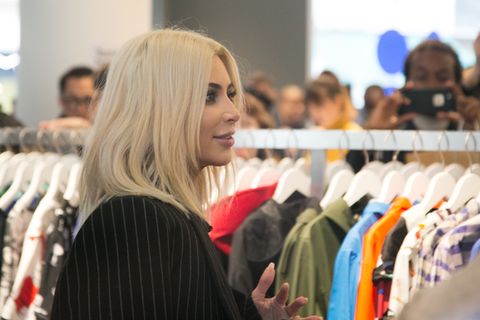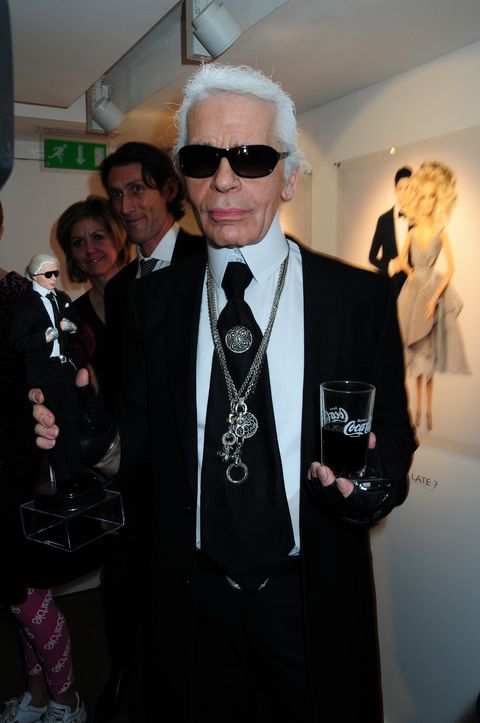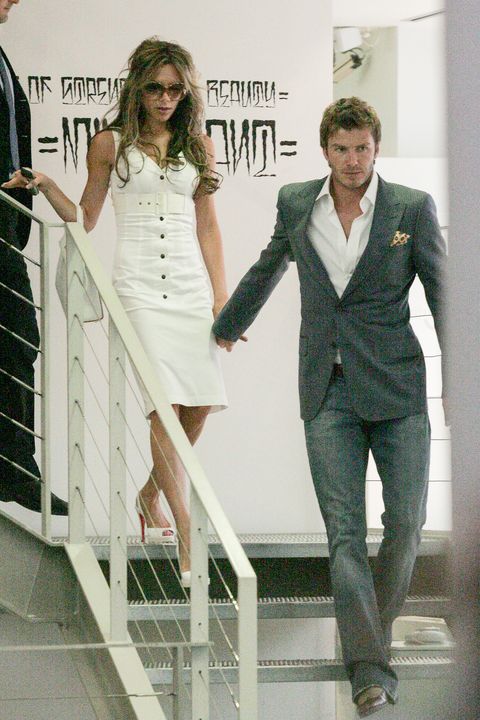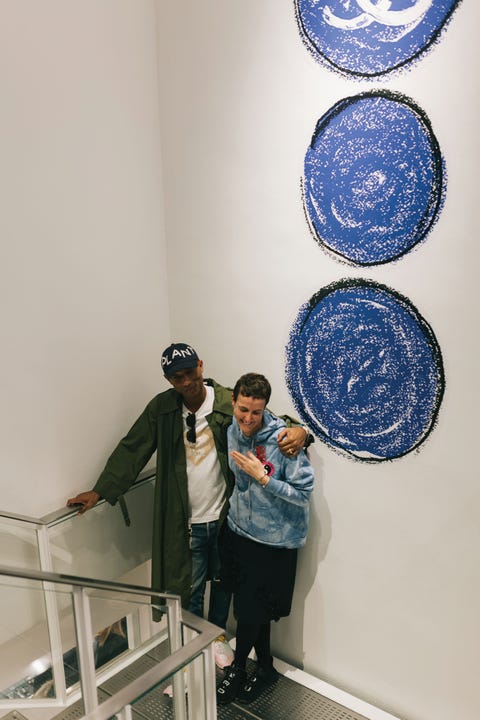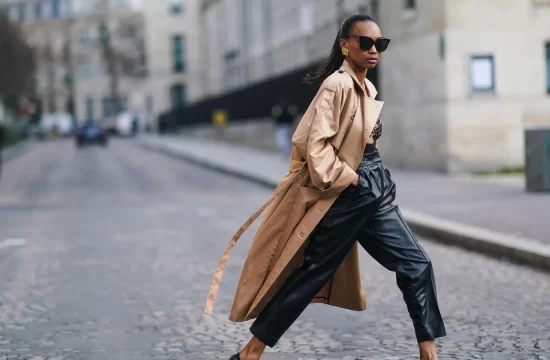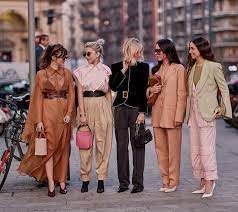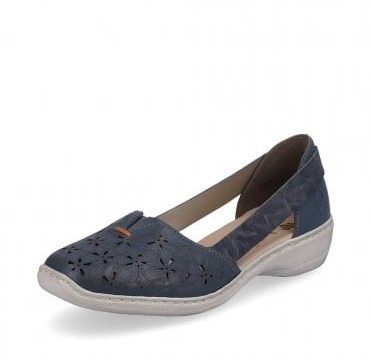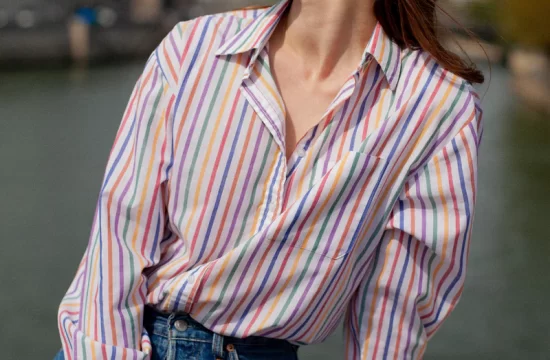Style Points is a weekly column about how fashion intersects with the wider world.
To watch Colette, Mon Amour, the new documentary about the beloved Paris boutique, at a time when “going inside a store” and “mingling with other people” both feel like alien activities hits, as they say, different. Watching, I was immediately transported to the last time I walked through the doors of the store on the Rue Saint-Honoré. It was during Paris fashion Week, and I was there to see a fashion show being held upstairs, but first I had to ford my way through a first floor full of excited elbow-to-elbow shoppers excitedly brandishing their finds.
A few months after I made that visit, in December 2017, Colette closed its doors after 20 years, and in the film celebrities and designers mourn its passing, their distress shown via cutesy animated tear emojis. Virgil Abloh, Kanye West, Sacai’s Chitose Abe, and Kith’s Ronnie Fieg are among those giving their eulogies. “When I heard about the closing, I was in disbelief,” says Pharrell Williams. “I’m still in disbelief.” West sums it up: “Colette was the internet before the internet.”
Directed by Hugues Lawson-Body, Colette, Mon Amour has enough talking heads to fill a CNN one-hour block, but it doesn’t stint on showing the parts of the store that were more removed from the celebrity buzz cycle: the kids and tourists lined up around the block, streaming in every day at 11am as if into a theme park, a brace-faced kid whose parents named her after the store, and the diverse cast of cool kids working there, tenders of the Colette temple who helped make the store what it was.
Of course, at the heart of the Colette magic are Colette Rousseaux, the store’s namesake, and her daughter Sarah Andelman. “We never tried to create this cult,” Andelman swears when I reach her on the phone. The two convinced brands to do collaborations back when those were a novelty, working with everyone from huge fashion houses like Hermès and Chanel, to street artists, to fashion-industry insiders like show producer Alexandre de Betak, sound designer Michel Gaubert, and publicist Lucien Pagès. “Any creativity deserves space beyond just the limited fashion world,” was her reason for incorporating them, she says, pointing out the number of formerly behind-the-scenes fashion personalities who have since come front and center, like runway hairstylists and makeup artists with their own lines.
The celebrity quotient was “never something we wanted to use to make us more famous,” Andelman insists. Still, the store played host to starry events like an Apple Watch launch with Colette fanatic Karl Lagerfeld in attendance. (“Mr Lagerfeld used to come in every Saturday,” like clockwork, she says.) One night, Andelman says, the store drew Catherine Deneuve and Travis Scott on the same night. But it wasn’t all Kimye and Posh & Becks (although both super-couples did make appearances there.) “I remember, one day, seeing a guy with a parrot on his shoulder. Another day, the guy who cleans the streets came in for some sneakers.” Colette was inclusive when fashion prioritized exclusivity, democratic before the much-vaunted “democratization” of fashion, experiential before retail became an “experience.” While the shop sat on a hoity-toity corridor in the first arrondissement, everyone was welcome there. “That was really our philosophy from day one, to be open to everybody and to have a mix of items” in a range of prices, Andelman explains. At first, she says “people were scared to come in because they thought it would be too luxury.” But soon enough, the crowds found them.
Looking at it now, the Colette phenomenon feels both deliriously ahead of its time, for all the reasons mentioned above, and wonderfully old-school, evoking the temporarily lost joys of being in a space with other people and feeding off their energy and excitement about fashion. Andelman tells me she has “no regrets” about the closing. Since then, she’s been busy with her consulting and curation business Just an Idea, which she founded in 2018. Despite fashion’s fondness for reboot culture, she has no plans to reboot Colette, in any form, she tells me. Formerly a regular at fashion shows, she now describes her relationship to the runway as “much more distant. I still go to a few [shows] every season, because they are friends. One part of me really doesn’t miss the wait, and all the da-da-da. And then sometimes, it’s just ten minutes which is worth a year of your life, because it’s so extraordinary. You never know in advance.” The serendipity she’s describing is the same quality that Colette itself had—the one that makes fashion worth putting up with despite all the da-da-da.
Colette, Mon Amour will premiere December 20th on colettemonamour.com
This content is created and maintained by a third party, and imported onto this page to help users provide their email addresses. You may be able to find more information about this and similar content at piano.io

